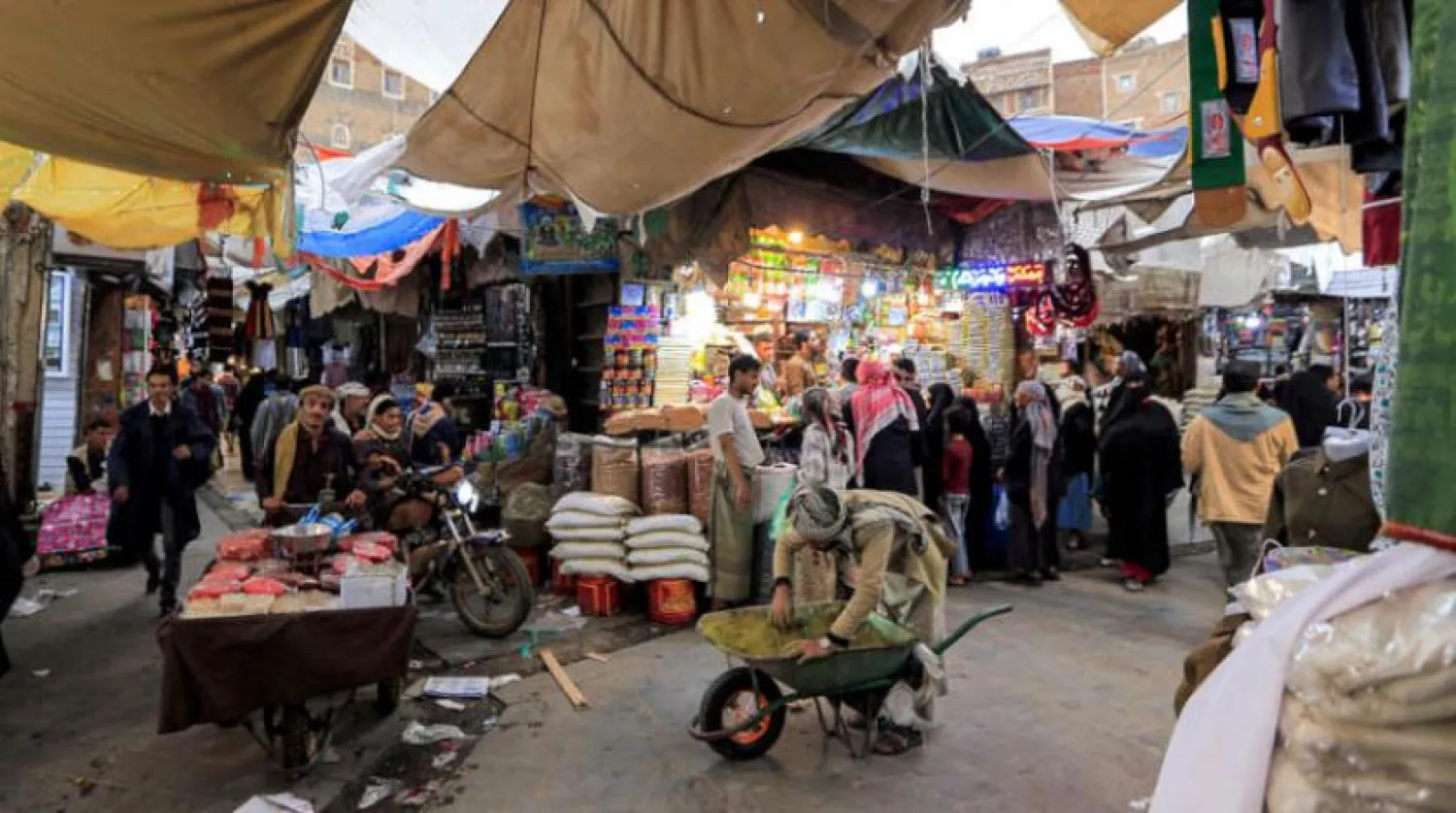The Yemeni army, backed by tribal fighters and air cover from the Saudi-led Arab coalition, thwarted on Monday several attacks by the Iran-backed Houthi militias in western Marib, Yemeni military sources said.
The militias have been pursuing an offensive in Marib for four months now in an attempt to capture the oil-rich northern province from the legitimate government.
The development revealed that tribes in Marib, al-Jawf and nearby provinces have met the rallying call of the local authorities to support the army to push back the Houthis, added the sources.
As the Houthis intensified their attacks on the al-Kasara and al-Mashajah fronts, coalition jets intensified their strikes on militia positions in the Sirwah district, said military media.
Dozens of militants were killed and injured in the raids.
A military spokesman confirmed that the military has achieved victories on several fronts in Marib, Taiz, al-Dhale, Saada, al-Bayda, Hodeidah and Lahj.
In Marib, the people are supporting the army and national resistance’s perseverance to end the Houthi coup and their terrorist acts, he added.
The military and popular resistance have continued to make advances on the ground, thwarting all Houthi attacks and attempted infiltrations on the Sirwah, al-Kasara, Hilan, al-Moshaja, al-Makhadra and al-Jadaan fronts.
The Houthis are incurring dozens of losses every day on these fronts, he stressed. They are also losing weapons, equipment and armored vehicles, which are being seized by the army.
He said that the al-Kasara and al-Mashajah fronts in western Marib are witnessing the fiercest battles, with the military dealing the militias heavy losses.
The Houthis, meanwhile, have continued their ballistic missile attacks against civilians and refugees in the province. They are also continuing their sniper attacks and shelling of Hodeidah.
Several civilians, including women and children, have been wounded by sniper fire, in attacks that are tantamount to war crimes, charged the spokesman.









